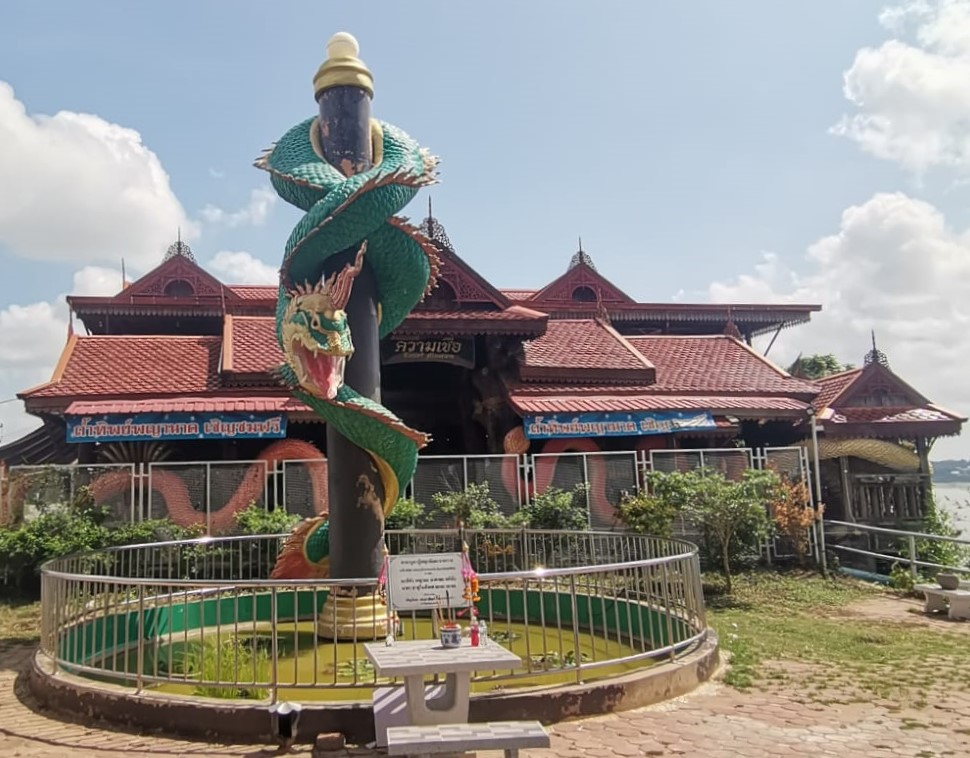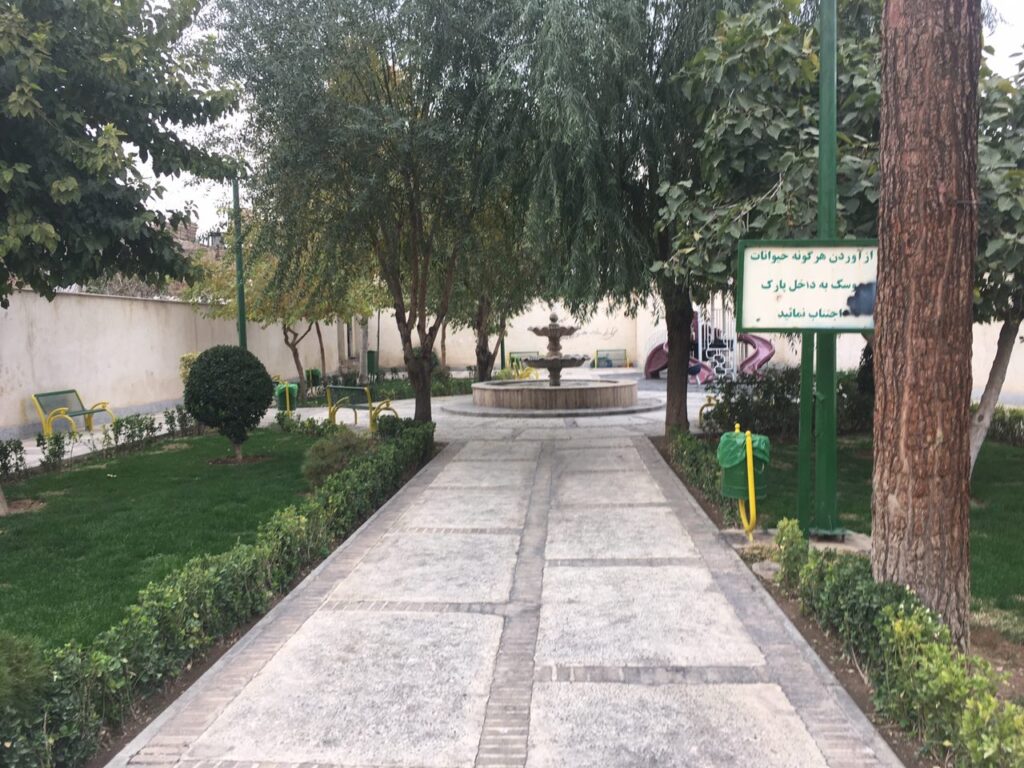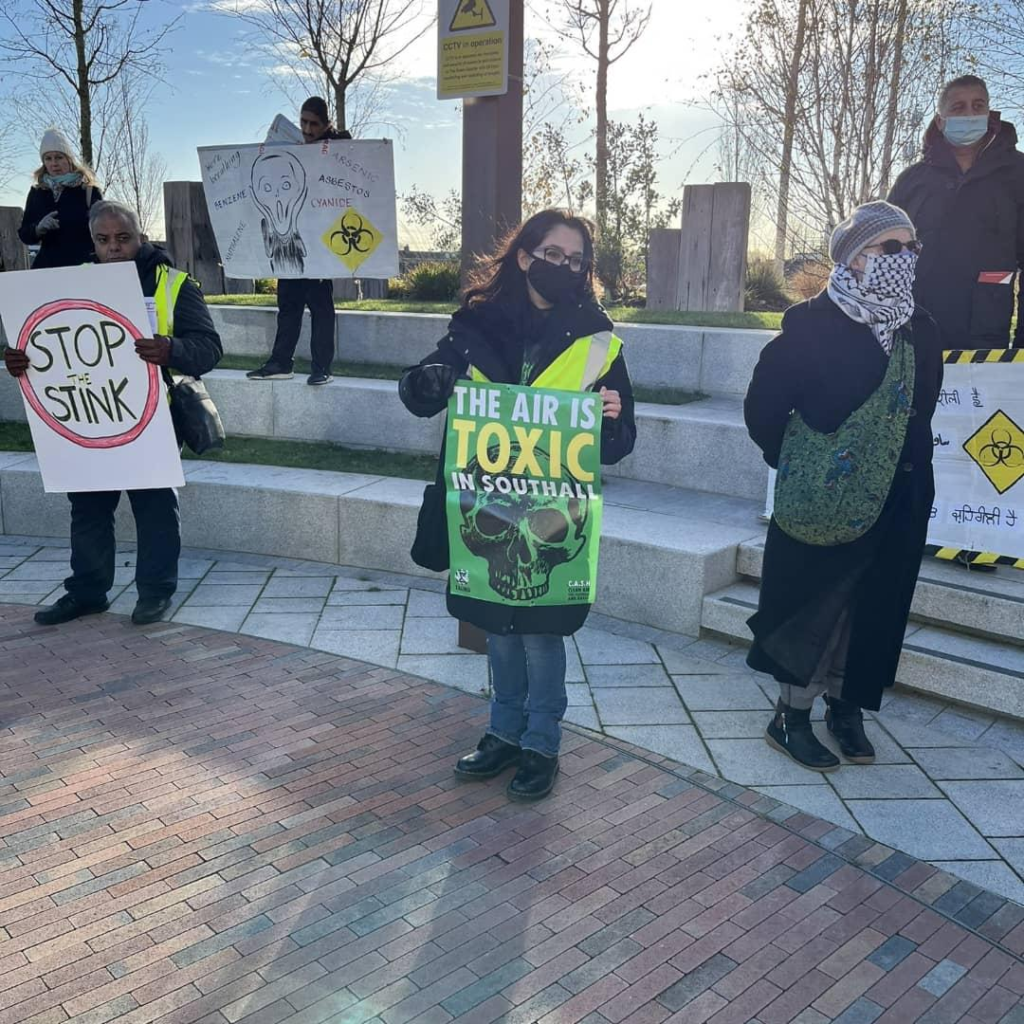City Know-hows

I use the travelogue methodology to investigate urban health and sustainable development in relation to the Mekong River in northeastern Thailand, revealing new insights and bringing travel to urban areas near the river into knowledge production.
Share
Target audience
Academics, government and non-governmental organizations, policymakers, and urban planners involved in land-use planning and environmental planning.
The problem
Rivers are important in urban planning and development. Many cities around the world are adjacent or near bodies of water. Properties associated with a river view command higher prices, representing preferences about desirability. Yet the literature on rivers and urban health emphasises environmental science, especially microbiology and toxicology, and overlooks the human side. There is a need for more qualitative and social science research on urban health and sustainable development in relation to rivers.
What we did and why
I asked ‘in what ways might urban health and sustainable development be interconnected with the Mekong River?’. To answer this question, I travelled to and within urban areas along and nearby the Mekong River in northeast Thailand, mostly by motorcycle, and engaged in observations, experiences, reflections, and conversations with adult urban residents in an application of the travelogue methodology.
Our study’s contribution
My experiences and conclusions based on travelling to and within river cities and towns reveal that there are diverse and complex interconnections between rivers and urban health and sustainable development. Amidst this complexity, this travelogue identifies and prioritises certain areas most relevant to the urban areas I studied. I saw first-hand how the Mekong River has been substantially changed by human activities, bringing the future of urban health and sustainability into question.
Impacts for city policy and practice
Building healthy and sustainable cities in Thailand, a country characterised by rapid urbanization and moderate population growth, is an urgent priority. By addressing the areas for improvement identified in the study, city policy and practice can promote healthy, sustainable, and resilient urban environments along the Mekong River and beyond. The article also shows that the travelogue methodology can deepen understanding of these complex relationships through innovation and multisensory experience.
Further information
Read more about using a travelogue for urban health research: Travel and the travelogue as innovative research methodology: knowledge creation for advancing urban health and health equity in the 21st century
Full research article:
Related posts

Discover how local environments shape resident well-being. Our study reveals the profound impact of physical and social neighbourhood features on adults’ quality of life. Uncover the key elements that make a community thrive and their implications for urban planning and policy.

Older adults exercised less during COVID-19. Covid-related built environment modifications such as one-way walking systems and social distancing may have made physical activity more difficult.

Our collaboration co-created a new methodology reimagining the design, delivery, and management of the Health Impact Assessment using a community lens of the WHOs four interlinking principles: democracy, sustainable development, equity, and ethical use of evidence. We produced an assessment showing the differences between technocratic and experience-led approaches, and shared our methodology with 10 groups from around the UK in a pilot programme who conducted their own exercises locally.